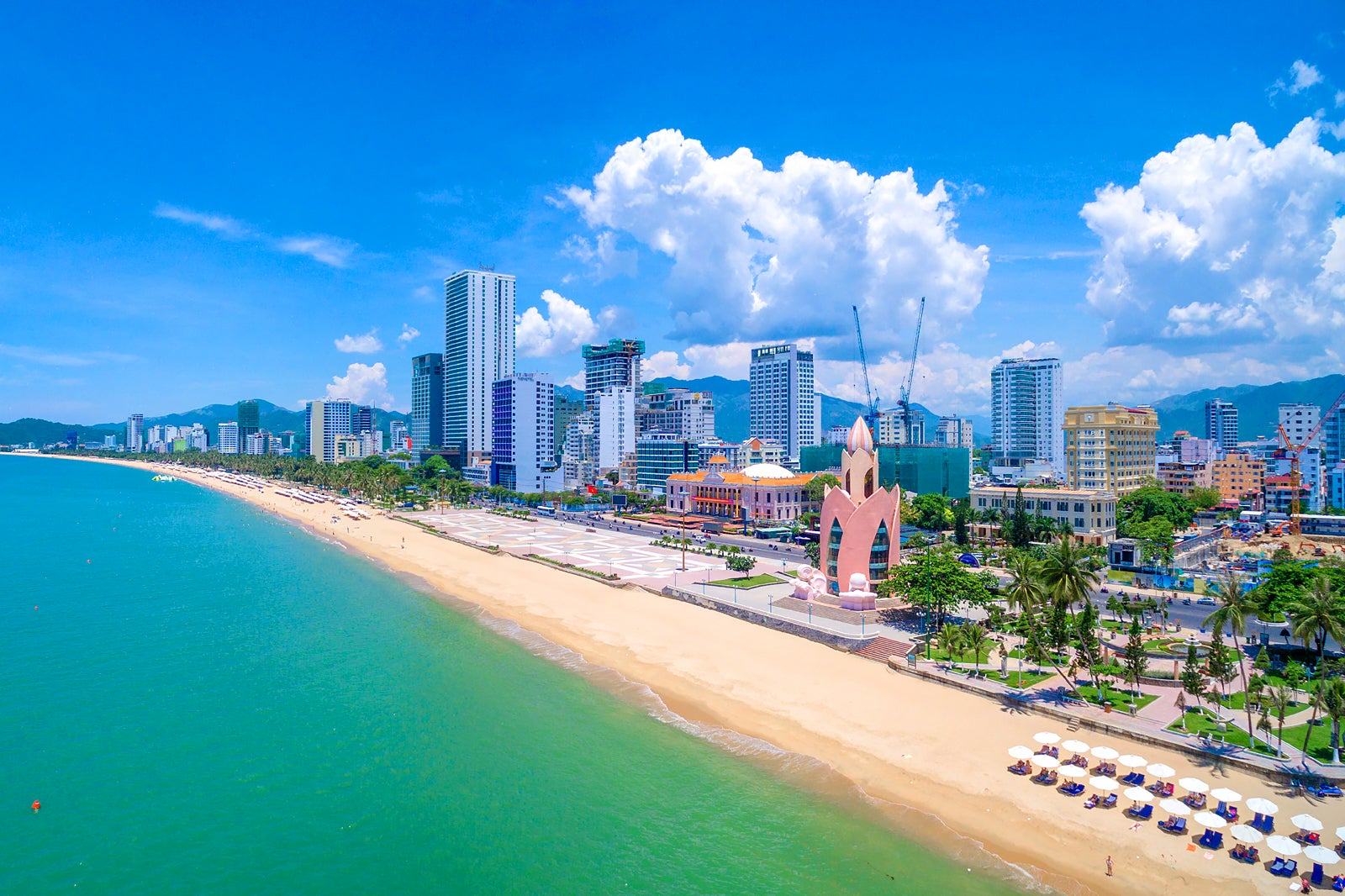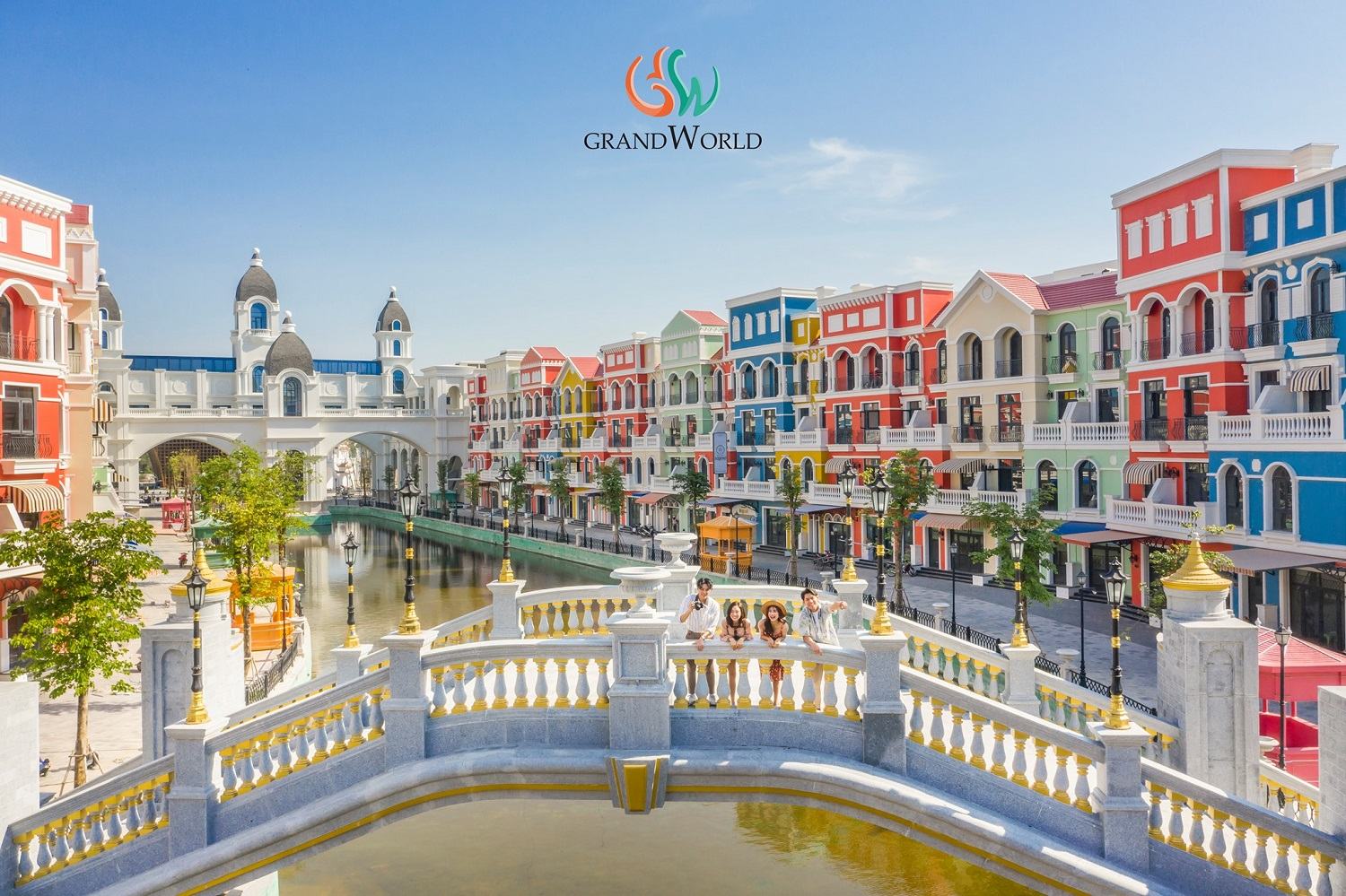Tin tức
Key Cultural and Legal Factors to Consider for Your International Relocation
Making a global move requires careful thought and planning. Relocating to a new country involves not only logistical arrangements but also a deep understanding of the societal norms and regulations of the destination. As you think about your next chapter abroad, it’s crucial to familiarize yourself with various legal requirements that may affect your settling process. More information on this can be found here.
Every region has its own customs and legal frameworks that govern how newcomers should adapt. Understanding these factors can significantly ease your transition and help you integrate more smoothly into your new surroundings. From visa applications to housing regulations, awareness of the local laws and cultural practices is necessary to ensure a successful relocation. Embracing the unfamiliar can lead to unexpected opportunities and enriching experiences.
Understanding Cultural Norms and Practices in Your Destination Country
When undertaking a global relocation, recognizing the local norms and practices is pivotal in ensuring a smooth transition. Different regions possess unique traditions, social etiquette, and unwritten rules that can significantly influence day-to-day interactions. Gaining insight into these aspects can facilitate cultural adaptation, reducing potential misunderstandings caused by language barriers.
Researching customs regulations and the legal environment of your new home is also vital. Personal conduct may vary widely; familiarizing yourself with societal expectations can prevent unintentional offenses. For example, greetings, dining etiquette, and communication styles differ from one culture to another. Proper preparation tips include engaging with expatriate communities, leveraging online resources, and even taking introductory courses on the local language and customs.
Language proficiency plays a critical role in easing your transition. While fluency is not always necessary, understanding key phrases and cultural references can enhance your ability to connect with locals. This effort not only aids in overcoming language barriers but also demonstrates respect for your new environment.
When planning your move, consider reaching out to individuals who have successfully adjusted to life in your destination country. Their firsthand experiences will provide valuable insights into the nuances of cultural adaptation. By prioritizing these elements in your preparation, you can create a foundation for a fulfilling experience in your new home.
Navigating Visa and Immigration Requirements for Relocation
When planning a global relocation, understanding visa processes and legal requirements is paramount. Each country has its own specific immigration laws, and complying with these regulations can significantly ease the transition. Researching visa requirements in advance can save time and prevent potential setbacks.
Don’t miss out — check out https://dillygentmovers.com/ and spin the reels for big wins.
It’s crucial to gather all necessary documentation early on. This may include passports, birth certificates, marriage licenses, or employment letters. Custom regulations may also apply, so be prepared to disclose any assets, especially if they will accompany you to your new country. Knowing the rules can help you avoid delays and complications at customs.
As you approach your relocation date, familiarize yourself with the cultural adaptation required in your new locale. This might involve learning about local customs and practices, which can smooth your integration and help build relationships in your destination.
Finally, keep in mind that each visa or residency application can take time. Persistent follow-up with the appropriate authorities and being proactive about any additional requirements can facilitate the process. By prioritizing these preparation tips, you can transition to your new life with confidence and clarity.
Adapting Local Legal Obligations for Residents and Expats
Moving to a new country involves more than just packing up your belongings; it requires a deep understanding of the legal framework that governs residence and work. Expats must familiarize themselves with laws that can significantly impact their lives. Resources such as https://dillygentmovers.com/ can provide guidance in this area, helping individuals navigate the complexities of their new environment.
Feeling lucky? Head to https://dillygentmovers.com/ and unlock exclusive bonuses.
Each nation has distinct legal requirements that govern residency, employment, and taxation, which can pose challenges, especially for those facing language barriers. It’s imperative to research regulations that may differ from what you’re accustomed to. Understanding the country’s property laws, healthcare access, and rights as a tenant or employee is necessary for a smooth transition.
Language can often act as a barrier to grasping these legal stipulations. Taking language classes or employing a translator can greatly assist in overcoming this hurdle, ensuring you fully comprehend your rights and responsibilities. Utilizing local legal advisors or expat communities can further enhance your knowledge and provide valuable preparation tips for adapting to these new legal demands.
International relocation necessitates a thorough approach to understanding visa processes and compliance with local regulations. Engaging with official government resources will ensure that you are aware of any permits or registrations required upon arrival, further cementing your status in this new chapter of life.













